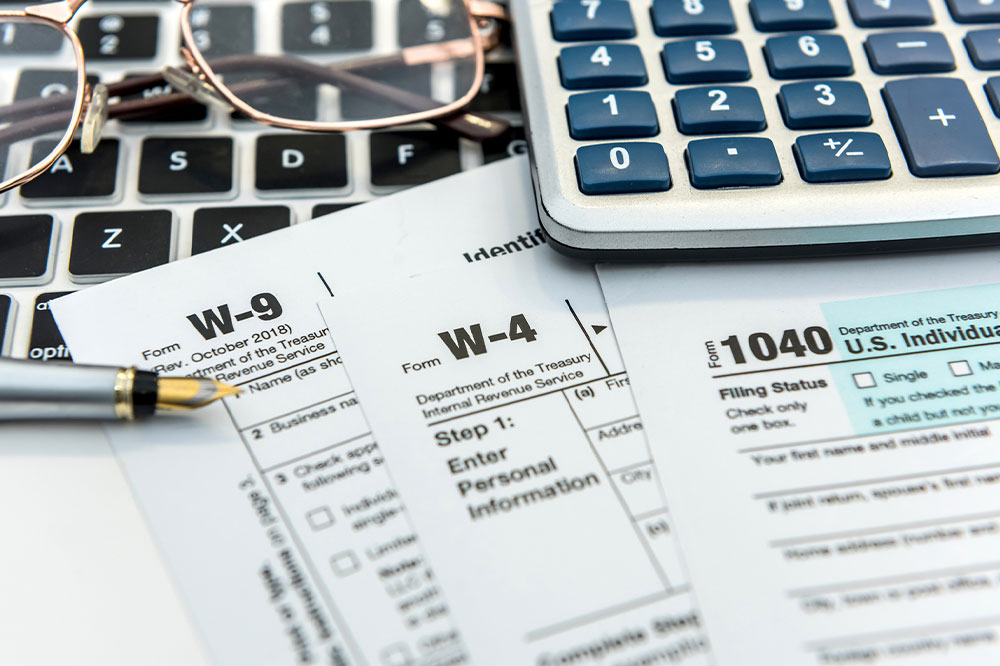
7 mistakes to avoid while filing taxes online
Filing taxes is a complicated process, due to which several individuals make mistakes while filling out their forms. Though making errors is normal, doing so on a tax form can cost a lot of money. People may miss out on a larger refund and even pay higher taxes, interest, and penalties. Some mistakes may also invite Internal Revenue Service (IRS) audits. Here are some errors one should avoid while filing taxes.
Delayed submission
When one delays the submission of their tax returns, they may have to pay an additional fee. This penalty can rise to 5% of the tax amount due for each month that the tax return paperwork is delayed. The penalty percentage may increase based on how long one takes to file their return. But if an individual does miss the deadline, rather than doing nothing, they can request an extension by filing Form 4868 before the tax-filing deadline to get more time.
Entering the wrong Social Security number
The IRS uses a social security number to verify information obtained from an employee against details provided by the bank, employer, and other establishments. Therefore, adding inaccurate Social Security numbers by accident may interfere with the filing process and lead to the claim getting rejected.
Forgetting the signature
One may have all the details on the form filled correctly but forget to sign the document, which may result in their claim getting rejected. Individuals should ensure they sign the paperwork when they re-submit it for the second time. One should also ensure that a joint filing involves adding the spouse’s signature.
Name errors
Several individuals do not regularly use their legal names on forms, which is why they make errors when filing taxes. One must ensure their form includes the name exactly as it appears on the Social Security cards. They must also update the card if there are any errors in their spelling.
Entering the wrong bank account number
A direct deposit over other means of payment ensures that an individual gets their refund quicker. However, people often make mistakes when feeding in their account details in a hurry to complete the form fast. Doing so may lead to the money being routed to a stranger’s account. While the bank usually reroutes this amount, it will hamper and delay the refund process.
Making entries on the wrong lines
People often put their entries on the wrong line. For example, one may put the tax-free IRA rollover in the space allotted for the taxable IRA distributions. Such errors can hamper the return process and even lead to a claim rejection. Therefore, one must ensure they make each entry in the correct line.
Filing too early
Several individuals file their returns early, which may cause trouble later on. It occurs because institutions and organizations issuing tax forms may sometimes send them late or send a modified version of forms a few weeks after the initial document is issued. These mistakes could affect the entire tax return process. Therefore, one should check all the guidelines for changes before submitting their documentation online.


